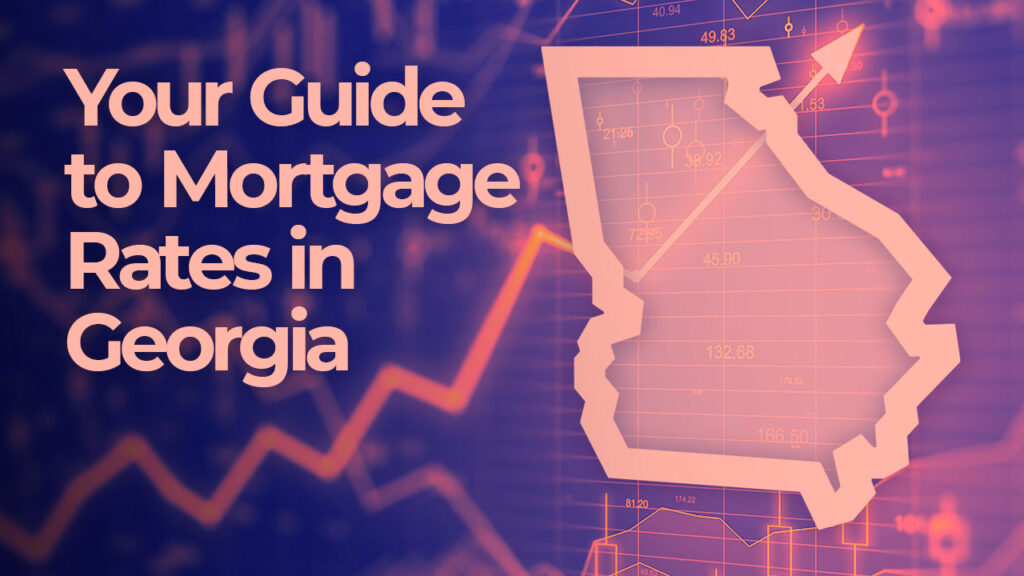Introduction
Falling into a cycle of small loans can feel like quicksand. One loan to cover expenses leads to another, and soon you’re drowning in debt. But there’s hope! This guide provides a step-by-step plan to break free from the small loan cycle and regain control of your finances. 
Understanding the Cycle
It’s crucial to first understand how you got here. Many find themselves trapped due to unexpected expenses, low income, or impulsive spending. Recognizing the root causes is the first step to breaking free.
Create a Realistic Budget
Take a close look at your income and expenses. Track everything for a month to get a clear picture. Identify areas where you can cut back. Budgeting apps can help! Learn more about budgeting techniques. 
List Your Debts
Make a comprehensive list of all your outstanding loans, including the amount owed, interest rates, and due dates. This will give you a clear view of the debt mountain you need to climb.
Contact Your Creditors
Don’t ignore your creditors. Reach out and explain your situation. Many lenders are willing to work with you to create a payment plan or negotiate lower interest rates. This can significantly reduce your monthly payments. Check out resources for debt negotiation.
Explore Debt Consolidation
Consolidating your debts into a single loan with a lower interest rate can simplify your payments and potentially save you money in the long run. Compare options carefully before making a decision. 
Consider Debt Management Plans
A debt management plan (DMP) involves working with a credit counseling agency to create a structured plan to repay your debts. They’ll negotiate with creditors on your behalf to lower interest rates and consolidate payments.
The Power of Saving
Start small. Even saving a little each month can make a big difference over time. Automate your savings to make it effortless. Tips for boosting your savings.
Increase Your Income
Explore ways to increase your income. This could involve taking on a part-time job, freelancing, or selling unused items. Every extra dollar counts!
Build an Emergency Fund
Once you’ve made progress on your debts, building an emergency fund is critical. This will help prevent you from falling back into the cycle of small loans when unexpected expenses arise. Aim for 3-6 months’ worth of living expenses.
Prioritize Your Debts
Use the debt avalanche or debt snowball method to prioritize your debts. The avalanche method focuses on paying off high-interest debts first, while the snowball method focuses on paying off the smallest debts first for a psychological boost. Compare debt repayment strategies.
Seek Professional Help
Don’t hesitate to seek professional financial advice. A financial advisor can provide personalized guidance and support to help you navigate your debt situation. 
Avoid Future Debt
Learn from your past mistakes. Create a budget, track your spending, and avoid impulsive purchases. Building good financial habits is key to staying debt-free.
Credit Counseling
Non-profit credit counseling agencies can offer valuable resources and support. They can help you create a budget, negotiate with creditors, and develop a long-term financial plan. Find a reputable credit counselor.
Government Assistance Programs
Depending on your location and circumstances, government assistance programs might be available to help you manage your debts. Research programs in your area.
Regularly Review Progress
Keep track of your progress and celebrate your achievements along the way. This will help you stay motivated and avoid discouragement.
Conclusion
Escaping the small loan cycle requires commitment, discipline, and a strategic approach. By following these steps and seeking help when needed, you can regain control of your finances and build a brighter financial future. [IMAGE_5_HERE]
Frequently Asked Questions
What if I can’t afford my minimum payments? Contact your creditors immediately. Explain your situation and explore options like payment plans or hardship programs.
How long does it take to get out of debt? It varies depending on your debt amount, interest rates, and repayment plan. Be patient and persistent.
Is debt consolidation always the best option? Not necessarily. Carefully weigh the pros and cons and consider other options like debt management plans.
Where can I find free financial counseling? Many non-profit organizations offer free or low-cost credit counseling services. Check online for resources in your area.
What if I’m facing bankruptcy? Consult with a bankruptcy attorney to explore your options and understand the implications.


